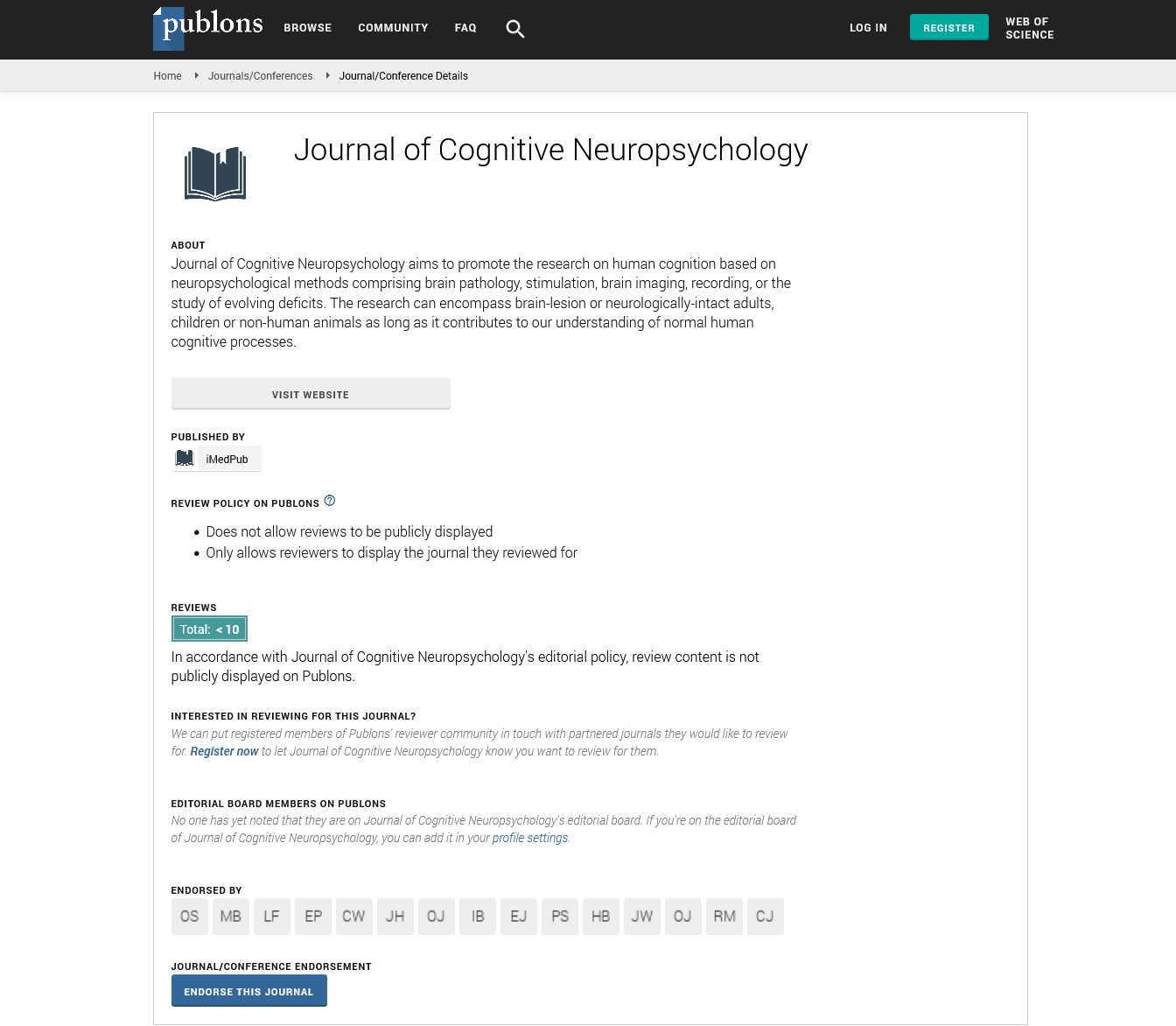Abstract
Kleptomania and other Disinhibition Linked with Pseudobulbar Affect Resulting from TBI; Treatment Remission from Dextromethorphan/Quinidine 39 Years Post-Injury
A fifty-one-year-old man sustained a severe Traumatic Brain Injury (TBI) at the age of nine. He suffered from a twelve-day coma, biparietal fractures, underlying contusions, hypothalamic damage leading to growth hormone deficiency, growth retardation, and impulsive eating-induced obesity. Magnetic Resonance Imaging (MRI) thirty years post injury revealed encephalomalacic changes in left frontal, temporal, and parietal lobes with mild left ventricular dilatation. Soon after injury, he developed a compulsion to steal, originally only food but eventually extending to other unneeded items, even though he did not lack access to financial resources and support. Ten years after the injury, the victim was arrested for shoplifting and kleptomania for food or other items (sometimes in duplicate) and had developed Pseudobulbar affect (PBA) in the form of mildly excessive/inappropriate laughter. After his psychiatrist died, he came under neurological care thirty-nine years post injury, and was treated with DM/Q (Nuedexta® 20 mg/10 mg), reaching a maintenance dosage of one capsule twice a day at week two. Reduced impulsivity and inappropriate laughter were seen by two weeks with complete remission after four weeks.
Author(s): Isabel Snee
Abstract | PDF
Share This Article
Google Scholar citation report
Citations : 8
Journal of Cognitive Neuropsychology received 8 citations as per Google Scholar report
Journal of Cognitive Neuropsychology peer review process verified at publons
Abstracted/Indexed in
- Google Scholar
- Publons
- MIAR
Open Access Journals
- Aquaculture & Veterinary Science
- Chemistry & Chemical Sciences
- Clinical Sciences
- Engineering
- General Science
- Genetics & Molecular Biology
- Health Care & Nursing
- Immunology & Microbiology
- Materials Science
- Mathematics & Physics
- Medical Sciences
- Neurology & Psychiatry
- Oncology & Cancer Science
- Pharmaceutical Sciences
